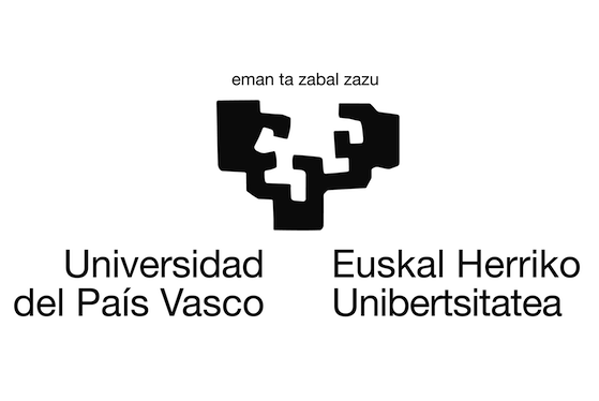Microfluidics and Biomics Cluster UPV/EHU

Responsable: Lourdes Basabe Desmonts
Correo electrónico: lourdes.basabe@ehu.eus
Ciencias (excluyendo FQM) Universidad del País Vasco The Microfluidics & Biomics Cluster UPV/EHU was formed on 2018 as a strategic alliance between three teams of the University of the Basque Country, with the aim of developing the next generation of Lab-on-a-Chip microfluidic devices for forensic, environmental and biomedical analysis. The research field of "Lab-on-a-Chip" is having a great impact in many fields such as in-vitro biomedical and industrial diagnostics (Pei 2020) in the form of point-of-care diagnostics tests (Spencer 2020; Zhao 2020), and in pharmaceutical and life science, in the form of facilitator research devices (Chen 2019, Nightingale 2019). The integration of sensors and microfluidic technology allowed the performance of sample preparation and analytical assays in an automated manner, using small amounts of samples and reagents (Wondimu 2017, Wongkaew 2019), what translated into faster and more efficient analytical measurements. Some of the main applications of this technology, which are responsible for this big market, include personalised medicine, cancer research and biochips. Microfluidics technology is continually increasing in economical relevance all over the world (Yole 2020). It is a growing market expected to reach more than $25 billion by 2025, increasing more than 10 % annually (Li 2020, Reyes 2020, Yole 2020). Large multinational companies such as Bio-Rad, Hoffmann-La Roche AG, Abbot, Thermo Fisher and Becton Dickinson, as well as emerging countries such as China, are increasingly supporting Lab-on-a-Chip research, envisioning this large market growth. Clear examples of the potential impact of this technology are the numerous bench top and portable instruments for rapid PCR analysis, which nowadays are being approved for COVID diagnostics, or the Rapid Antigen tests from Abbot (Zhuang 2020, Tang 2020). In a different note, Organ-on-a-Chip is one field of application of the Lab-on-a-Chip technology, which aims to provide analytical platforms to enable in-vitro preclinical trials, producing accurate predictive models before human trials. The expected reduction on research cost and animal testing is being translated into a hype of emerging companies in this field, such as Sphero, Mimetas, Hespero, Beonchip, ect. (Petrosian 2019, Chen 2019) Established in the Alava Campus of the University of the Basque Country, the M&B Cluster will continuous focusing on applied and translational research, developing basic research lines as well as highly integrated sub-projects to produce functional microsystems with high commercial potential. This area of research has a strong transversal character, with applications in all fields of science. In addition, this technology has a high marketing potential and therefore the ability to generate products that can reach society. The Lab-on-a-Chip research community aims to investigate and develop highly integrated miniaturised devices for life science and analytical applications. It deals with physics, chemistry, biology, bioinformatics and engineering. This will be possible through the combination of expertise from all members of this Cluster, which cover very different but complementary research capabilities such as chemistry, engineering, biology and nutrition.
Investigadores/as
Clasificacións
- Grupos consolidados: Grupos del Sistema Universitario Vasco




